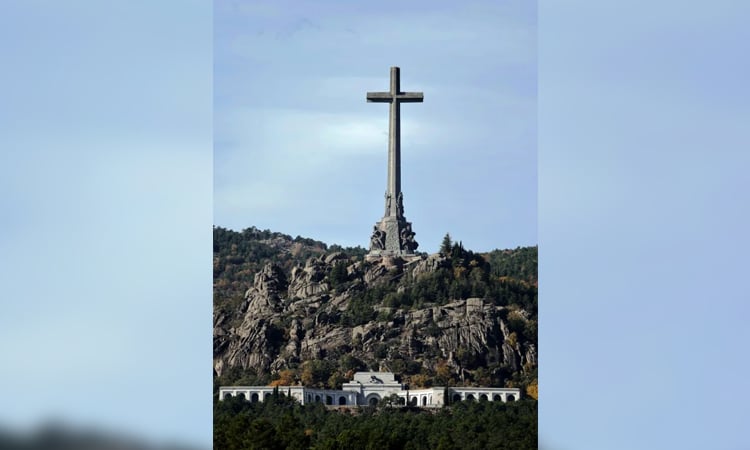News Flash
News Flash

MADRID, Nov 18, 2025 (BSS/AFP) - Spain on Thursday marks the 50th anniversary of General Francisco Franco's death with political polarisation exacerbating deep-rooted and bitter divisions over the dictator's legacy.
On November 20, 1975, an ailing 82-year-old Franco died peacefully in bed, in stark contrast to the brutality of his 36-year regime that saw opponents imprisoned, executed and exiled.
He had also seized power through violence, overthrowing a democratic republic with the backing of Nazi Germany and Fascist Italy in a 1936-1939 civil war that killed hundreds of thousands.
The country's path from dictatorship to democracy was fraught with difficulty over his memory, and a sweeping 1977 amnesty that benefited all sides sought to ease these tensions.
Since then, Spain has preferred "tiptoeing" around its painful past and is yet to hold a calm debate to agree a shared position, said Paloma Roman, a political science professor at Madrid's Complutense University.
"If you sweep the dust under the carpet instead of cleaning up, when you take away the carpet the dust will be there," said Roman.
An October survey laid bare the enduring societal fractures Franco left behind, with a majority considering the dictatorship bad.
But more than one-fifth of respondents described it as "good" or "very good", in line with inaccurate social media content that has spurred praise among young people with scant knowledge of the period, experts warn.
"It's an education problem... The people who did not live through the dictatorship can be sucked into that narrative of rewriting the dictatorship," said Roman.
- Political battle -
Current political polarisation has embittered those existing divisions, according to Roman.
The leftist government has made honouring the memory of the regime's victims one of its flagship policies -- to the fury of the conservative opposition that accuses it of reopening old wounds.
In 2019, Socialist Prime Minister Pedro Sanchez's government exhumed Franco's remains from an imposing mausoleum near Madrid constructed on the dictator's orders, in a bid to end its role as a triumphalist far-right shrine.
A 2022 democratic memory law created a register of victims and requires the removal of Francoist symbols from public spaces.
This year, the government has promoted events to commemorate 50 years of freedoms gained since Franco's death, including full rights for women and the LGBTQ community.
The right-wing main opposition Popular Party accuses Sanchez of playing "the Franco card" to distract attention from corruption scandals affecting his relatives and the minority government, which struggles to pass legislation.
Far-right Vox, the third-largest formation in parliament, has described the government as "the worst" in 80 years -- a period that includes Franco's dictatorship.
- Juan Carlos absent -
No official commemorative events are planned for November 20, but the Francisco Franco Foundation and the late dictator's family have organised a mass on that day to honour his memory.
The fascist Falange movement has planned a march in Madrid on Friday, with an anti-fascist counter-protest organised on Saturday in another sign of tensions over Franco's memory.
Ceremonies will take place in the royal palace and parliament on Friday to mark the restoration of the Spanish monarchy on November 22, 1975.
But disgraced ex-monarch Juan Carlos, named by Franco to succeed him and who played a major role in the democratic transition, will miss the proceedings.
Financial and extramarital scandals have sullied the image of the former king, who abdicated in favour of his son Felipe VI in 2014 and began a self-imposed exile in the United Arab Emirates in 2020.
Juan Carlos again prompted a backlash in Spain this month with the publication of his memoirs, where he expressed "great respect" for Franco, "his intelligence and his political acumen".